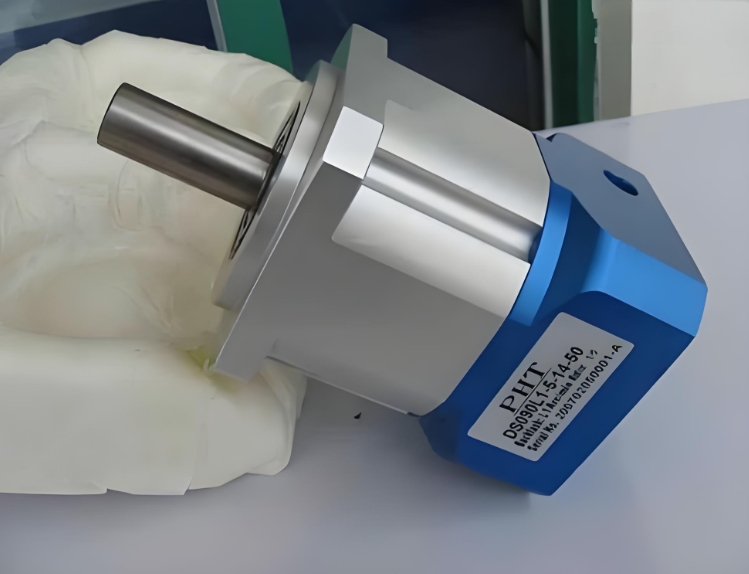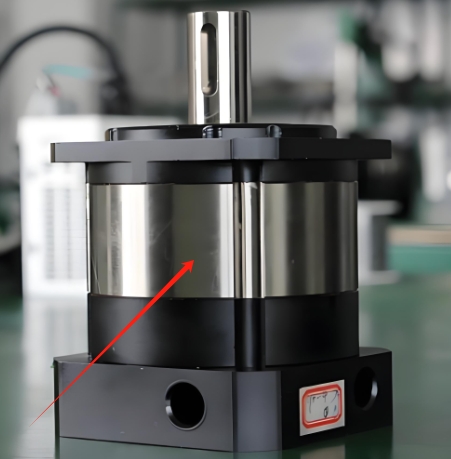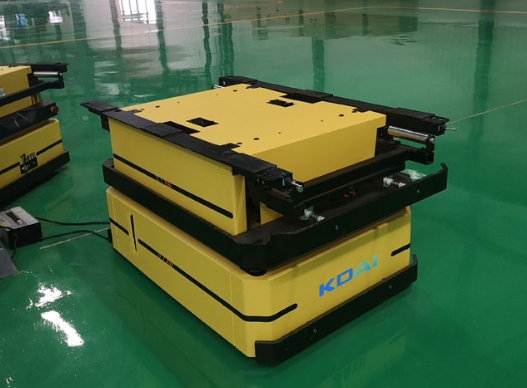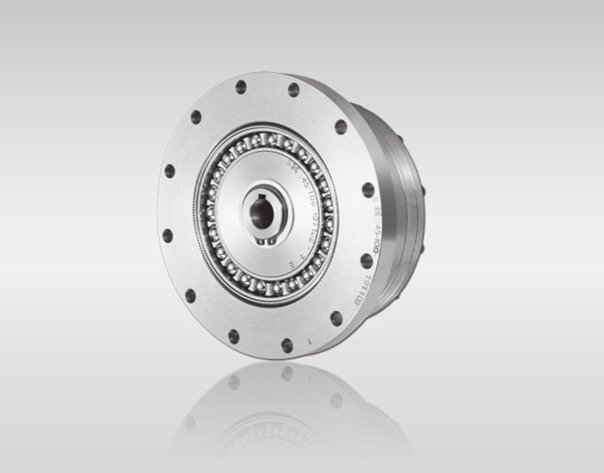1. Vibration Damping and Blocking Measures
During the installation of the gearbox, resonance and noise should be avoided as much as possible between the body of the gearbox, the support base, and the connecting parts. Within the gearbox, one or several gears often experience resonance within certain speed ranges.
Apart from design factors, the occurrence of resonance and the adoption of corresponding vibration damping or blocking measures are directly related to the identification of resonance positions during installation. For gearboxes that require low transmission noise and vibration, materials with high toughness and high damping should be selected for the foundation to minimize noise and vibration.
2. Adjustment of Component Geometric Precision
If the geometric precision of the gearbox components does not meet the standard requirements during installation, resonance may occur, resulting in noise. This issue should be addressed by improving the installation process, increasing tooling, and ensuring the overall competence of assembly personnel.
3. Loose Components
During installation, if individual components are loose (such as bearing preload mechanisms, shaft positioning mechanisms, etc.), it can lead to inaccurate system positioning, abnormal meshing, and movement of the shaft system, resulting in vibration and noise. To address this, it is important to ensure stable connections among various mechanisms from a design perspective and employ multiple connection methods.
4. Damage to Transmission Components
Improper handling during installation can lead to damage to transmission components, resulting in inaccurate or unstable motion of the system. Damaged high-speed moving parts can cause oil film vibration, and human-induced imbalance of moving parts can also generate vibration and noise. These reasons must be carefully considered and avoided during the installation process. Damaged components that cannot be repaired must be replaced to ensure a stable noise level in the system.

 English
English Deutsch
Deutsch Русский
Русский Español
Español

















Quote Now